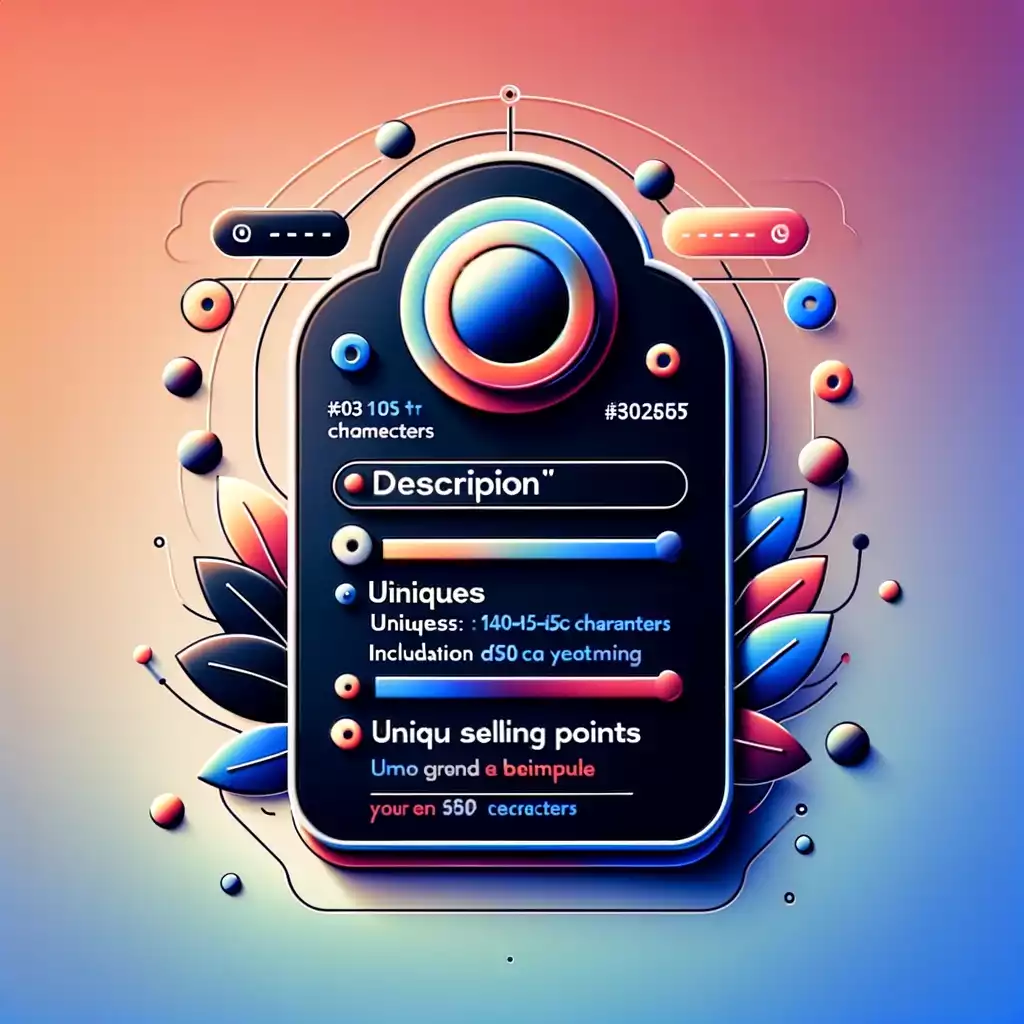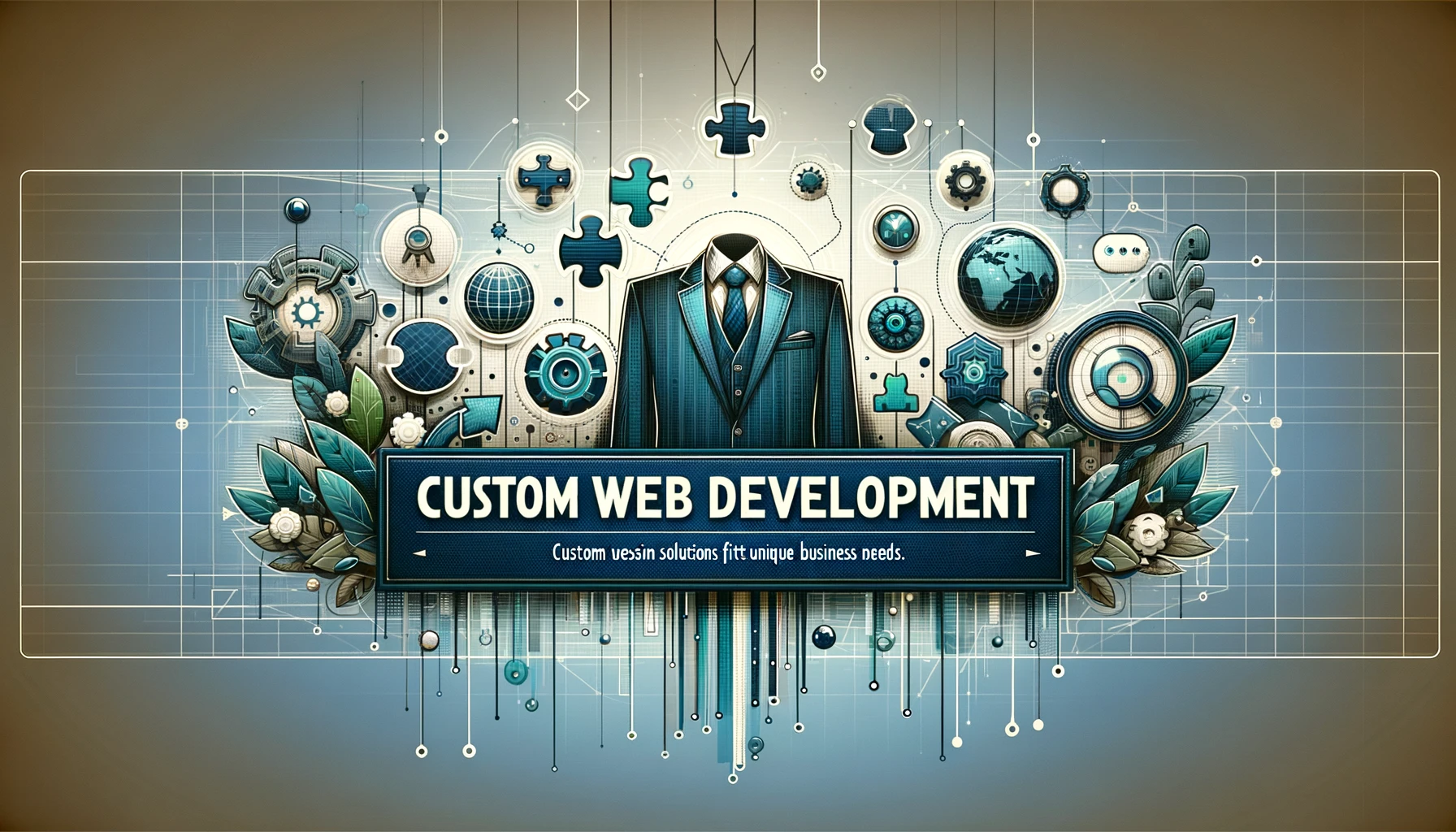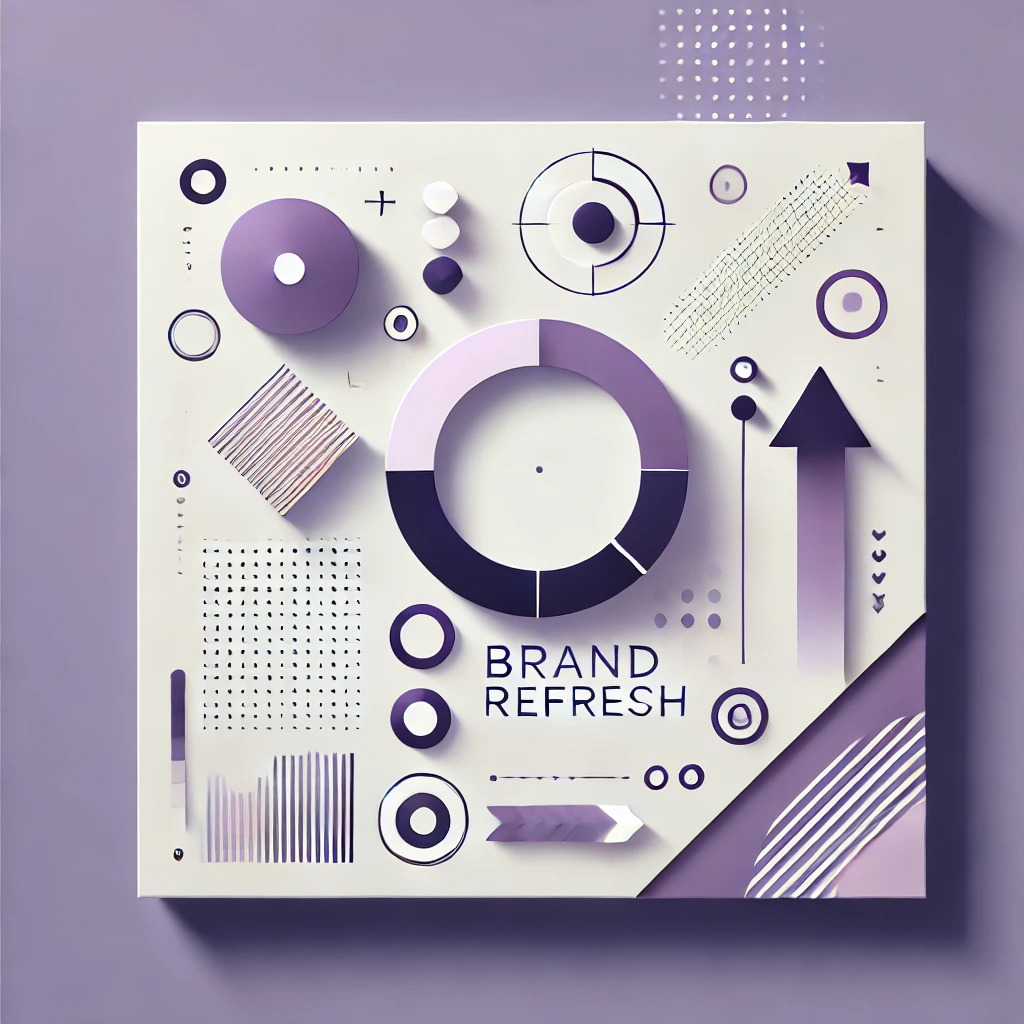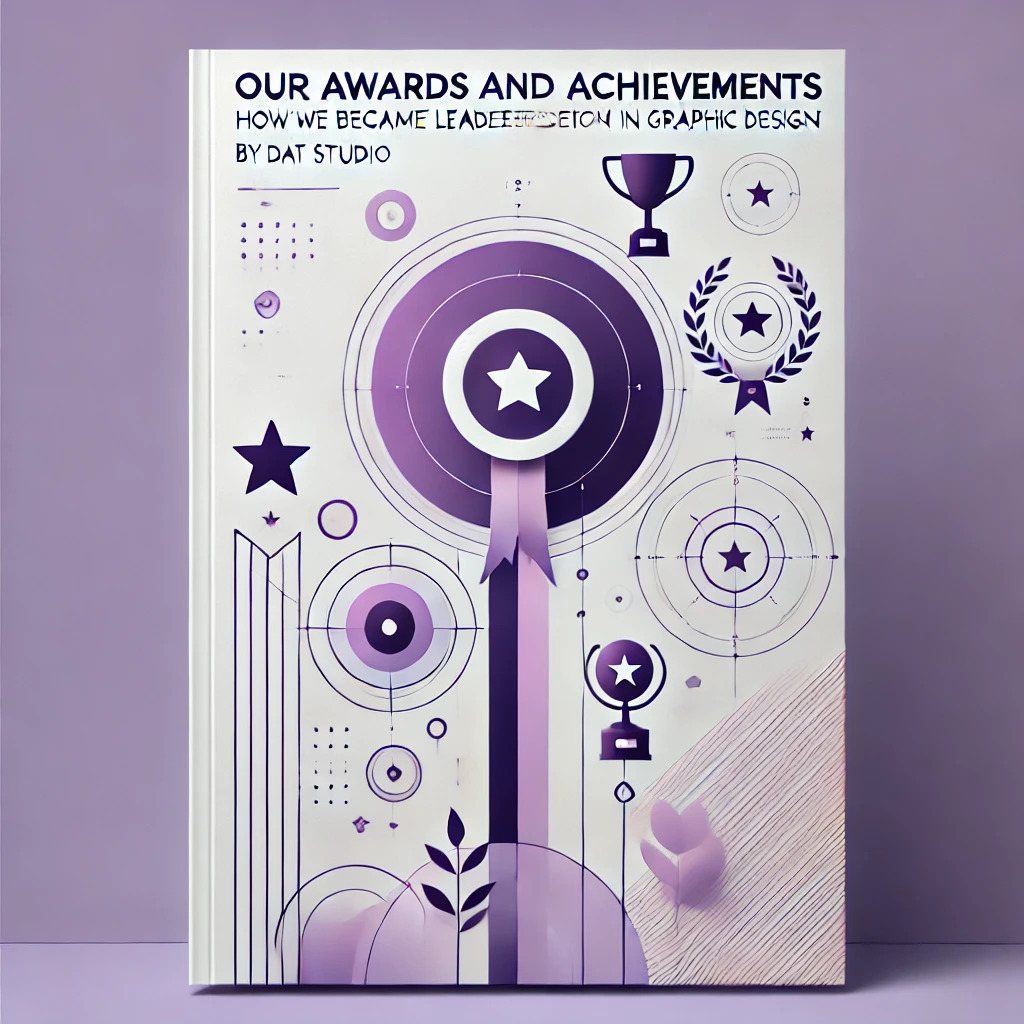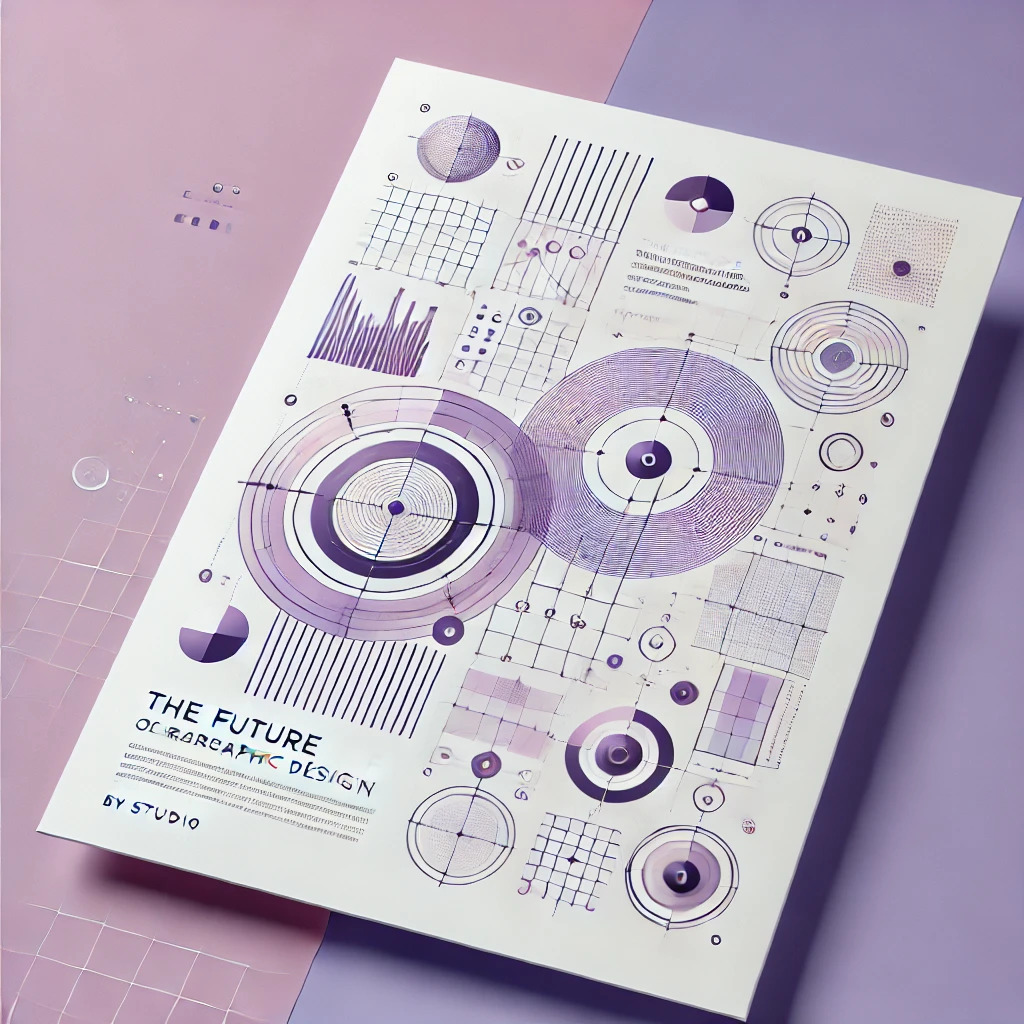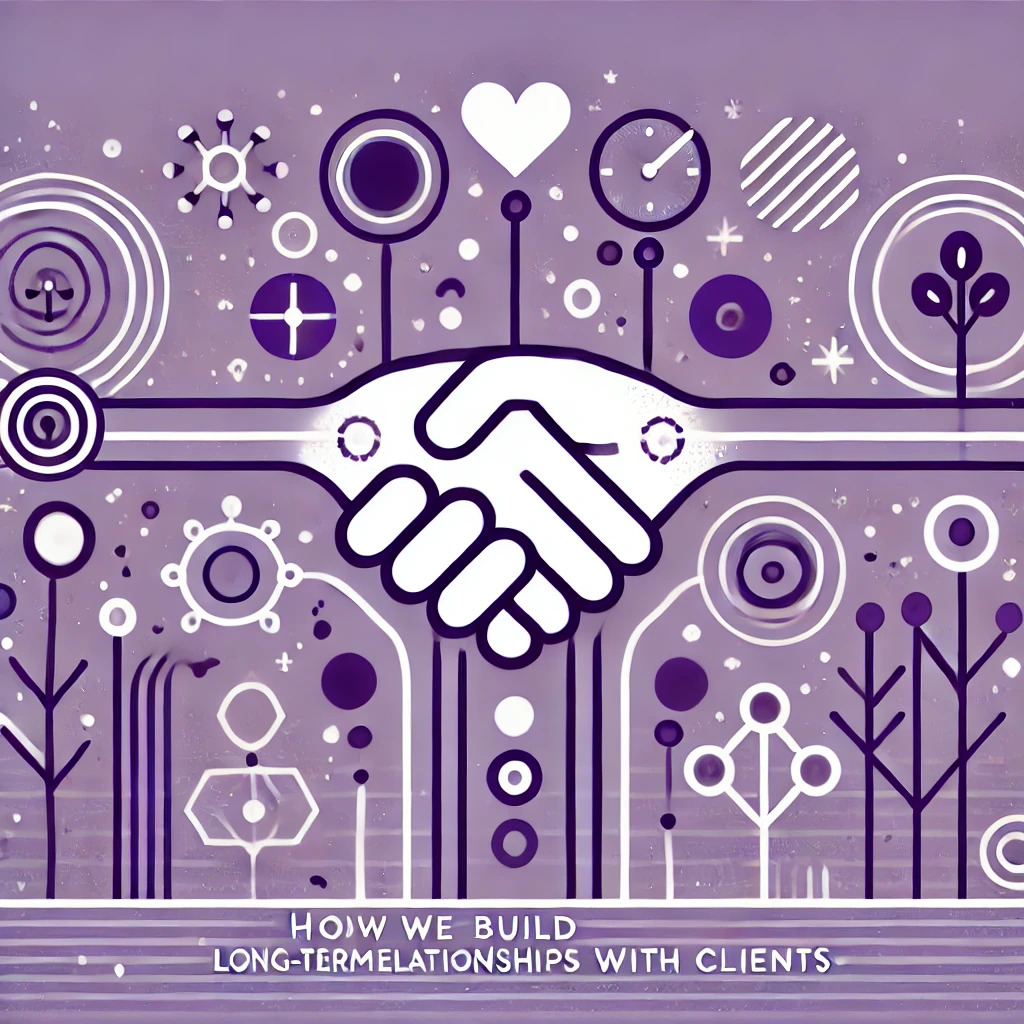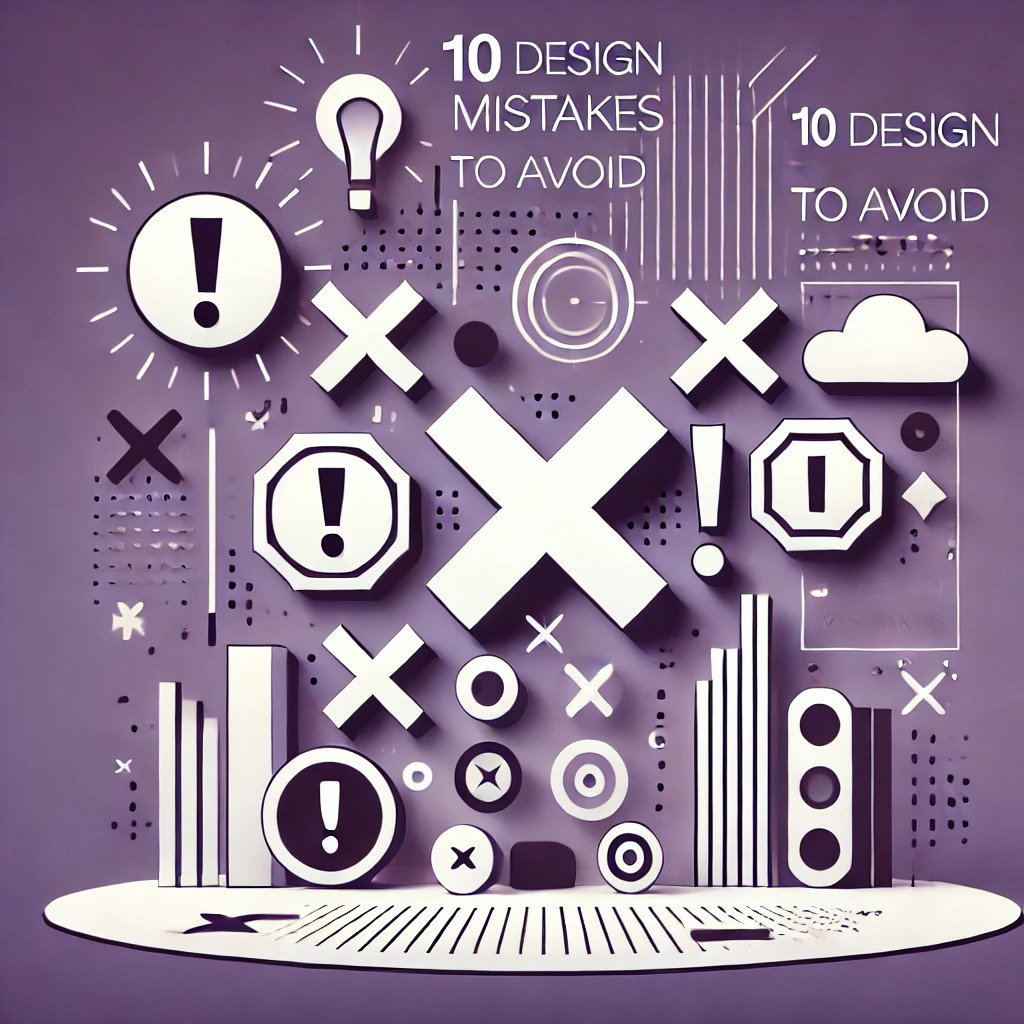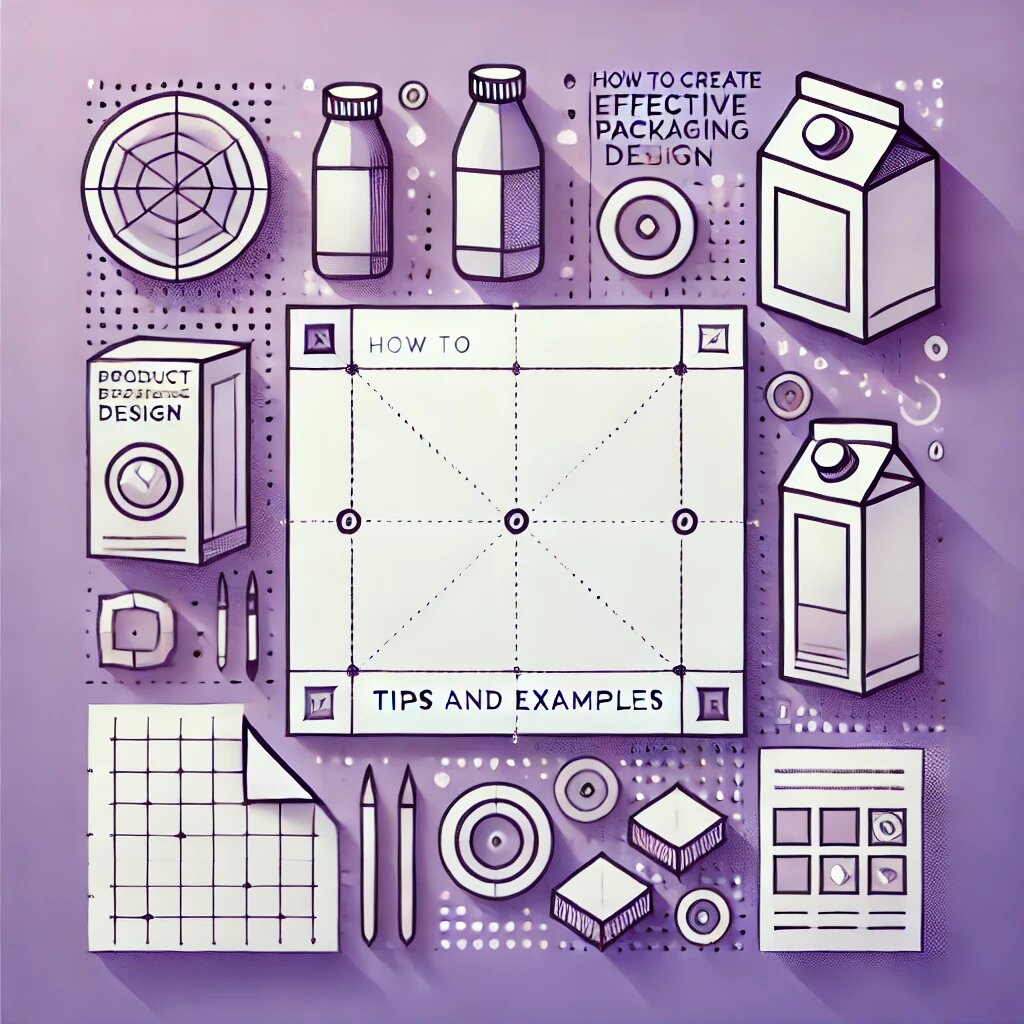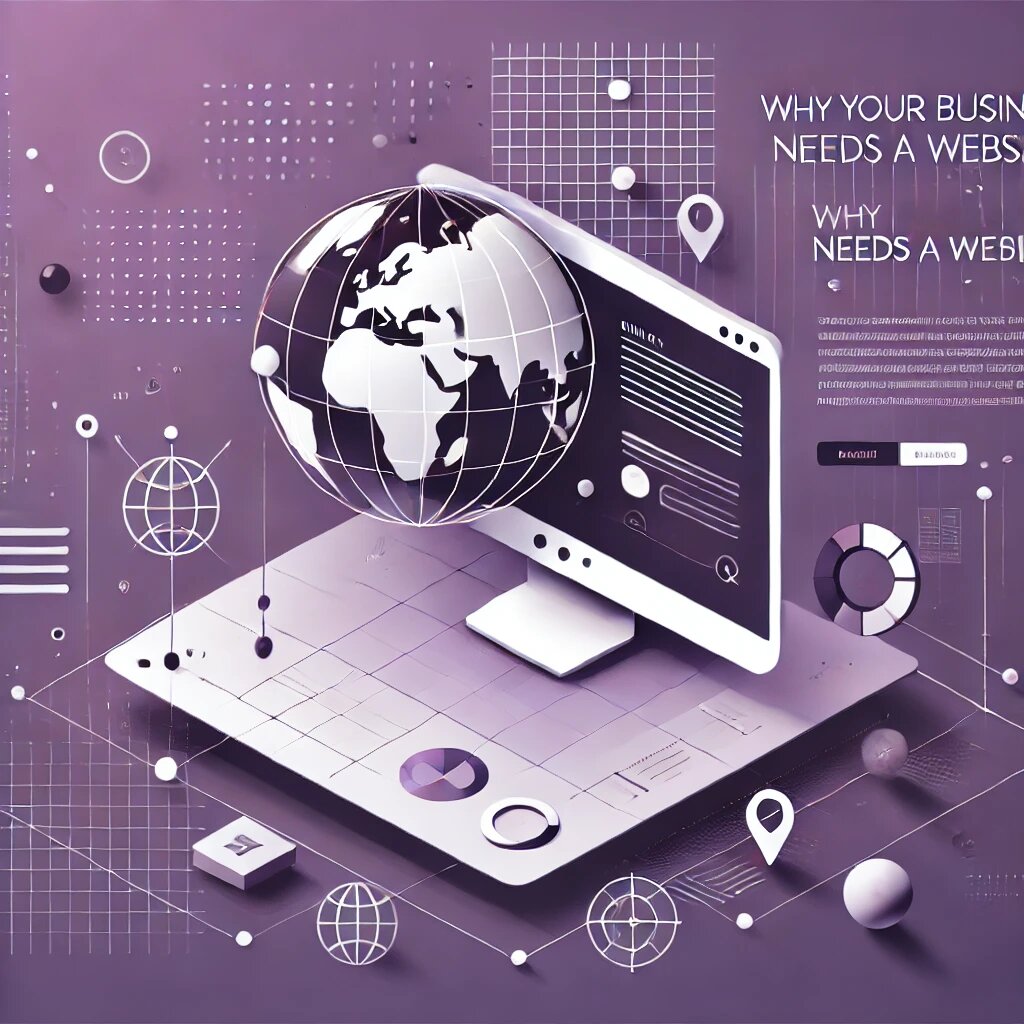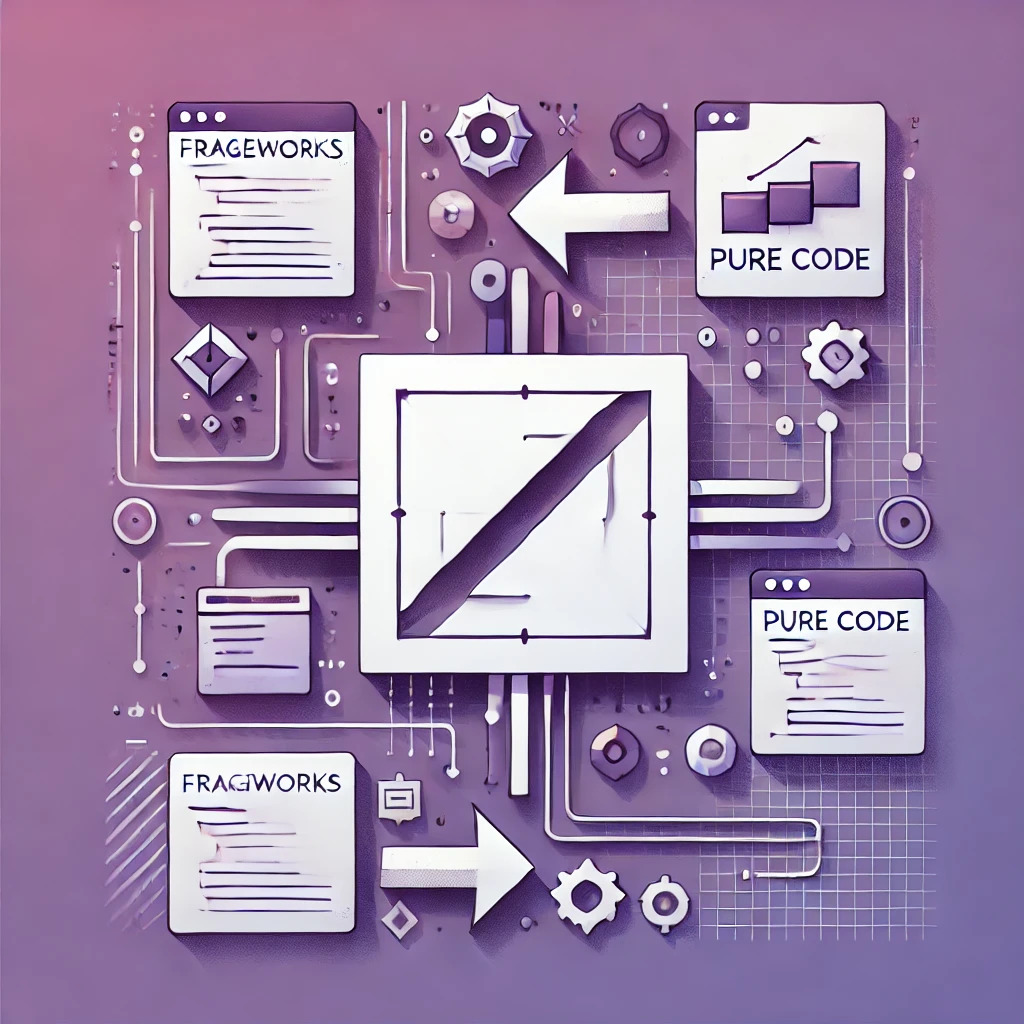Frameworks Vs Clean Code
Modern web development offers a wide variety of tools and approaches for creating websites and applications. Among the most debated topics in the developer community is the use of frameworks versus clean code. Each of these approaches has its strengths and weaknesses, and the choice between them depends on many factors: project goals, deadlines, team composition, and even developers' personal preferences. In this article, we will explore what frameworks and clean code are, their advantages, disadvantages, and application features.
What Are Frameworks?
Frameworks are ready-made software solutions that simplify and speed up development by providing a basic structure for the application. They include a set of tools, libraries, and rules that help developers focus on the application logic rather than implementing fundamental functions. Examples of popular frameworks:
Frontend: React, Angular, Vue.js
Backend: Django, Laravel, Express.js
Advantages of Frameworks:
Faster Development:
Frameworks contain numerous ready-to-use modules and libraries, allowing developers to start building applications more quickly.
Code Standards:
Using frameworks helps ensure adherence to certain standards, making the code more understandable and easier to maintain.
Large Community:
Popular frameworks have active communities that create documentation, plugins, and answer developers' questions.
Technology Support:
Many frameworks integrate with other tools, such as databases, testing libraries, and authentication services.
Disadvantages of Frameworks:
Learning Curve:
Many frameworks require understanding specific concepts, which can take time.
Limited Flexibility:
Frameworks impose certain development approaches, which can be inconvenient for complex or non-standard projects.
Overhead:
In some cases, frameworks provide too many features, of which only a small part is used, increasing the weight and complexity of the application.
What Is Clean Code?
Clean code is a development approach where developers write all the code themselves without using frameworks. This approach assumes that every aspect of the application—from routing to database connections—is created manually. Developers follow principles of minimalism, simplicity, and code clarity.
Advantages of Clean Code:
Full Control:
The developer has complete freedom in choosing architecture, tools, and implementation methods.
Ease of Optimization:
Code can be tailored to solve specific tasks without needing to consider framework limitations.
No Dependencies:
There is no need to wait for updates or fixes in third-party libraries.
Minimal Size:
The application does not contain redundant code, making it more efficient.
Disadvantages of Clean Code:
High Time Investment:
Development from scratch requires more time and effort.
Maintenance Complexity:
If the code lacks clear structure and documentation, it will be difficult to maintain.
Lack of Standardization:
Each developer may implement functions in their own way, complicating teamwork.
Integration Challenges:
Incorporating third-party technologies and libraries may require additional effort.
When to Choose a Framework?
Tight Deadlines:
If the project needs to be launched quickly, using frameworks saves time on developing basic functionality.
Standard Tasks:
For typical applications, such as blogs, online stores, or CRM systems, frameworks provide ready-made solutions.
Large Team:
When many developers are working on the project, frameworks help maintain a consistent style and structure of the code.
Long-Term Support:
Projects intended for long-term development and maintenance benefit from frameworks with active communities.
When to Choose Clean Code?
Unique Requirements:
If the project has specific tasks that do not fit within existing frameworks.
Optimization:
For applications where high performance and minimal weight are crucial, such as games or IoT.
Learning:
Clean code helps better understand the basics of web development and internal processes.
Short-Term Projects:
For small and one-time projects, using frameworks might be excessive.
Usage Examples
Example with a Framework:
Suppose you are creating an online store. By using Laravel, you can quickly set up authentication, routing, and database operations thanks to built-in tools. This allows you to focus on project-specific features, such as payment system integration or interface personalization.
Example with Clean Code:
If you are developing an application for an IoT device with minimal resources, using clean code allows you to optimize every line and reduce the device's load. This is important for working in environments with limited memory and computing power.
Tips for Choosing
Evaluate Project Tasks:
If the requirements are standard, it is better to use a framework. For unique projects, clean code is more suitable.
Consider the Team:
An experienced team can effectively work with clean code, while beginners find frameworks easier to master.
Think About the Future:
If the project is planned for further development, frameworks simplify adding new features and maintenance.
Analyze Risks:
If there is a risk of framework support ending, it may become an issue in the long term.
The choice between frameworks and clean code depends on numerous factors.
Frameworks offer speed and convenience but can limit flexibility. Clean code provides full control but requires more time and effort. Ideally, a developer should have skills in both approaches and choose the one that best suits the specific project. Regardless of the choice, the main goal is to write high-quality, maintainable, and understandable code that will be valuable not only now but also in the future.
Other news

